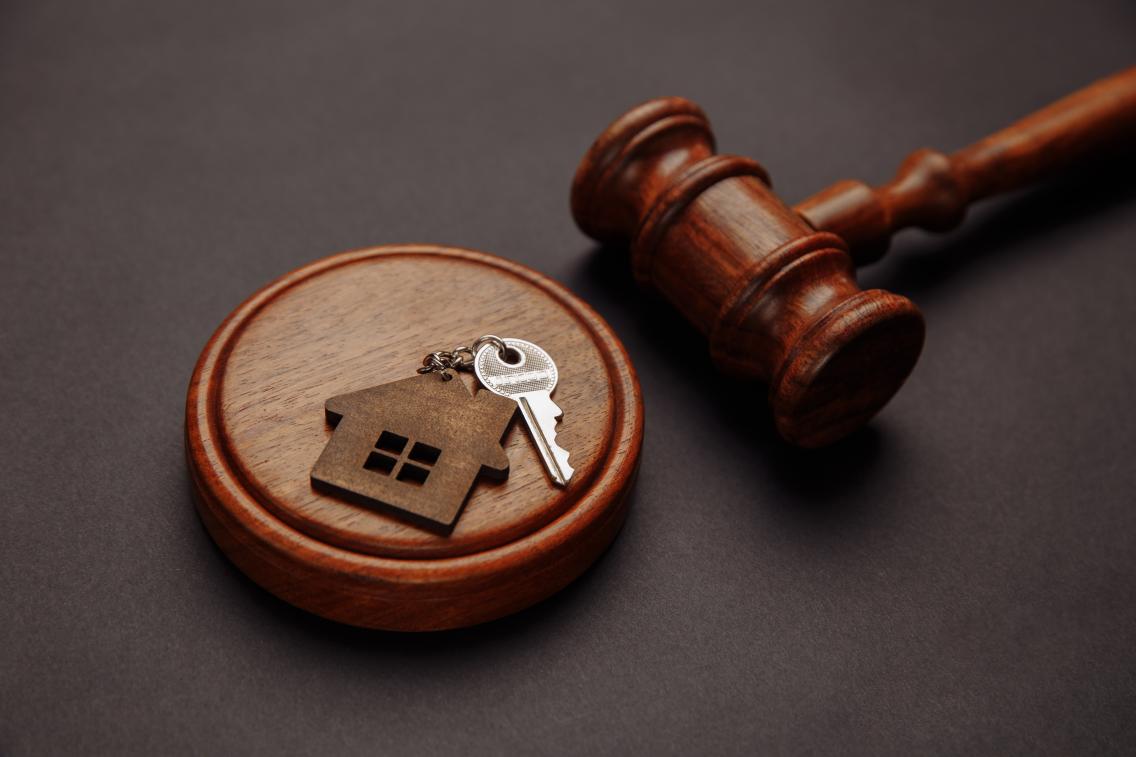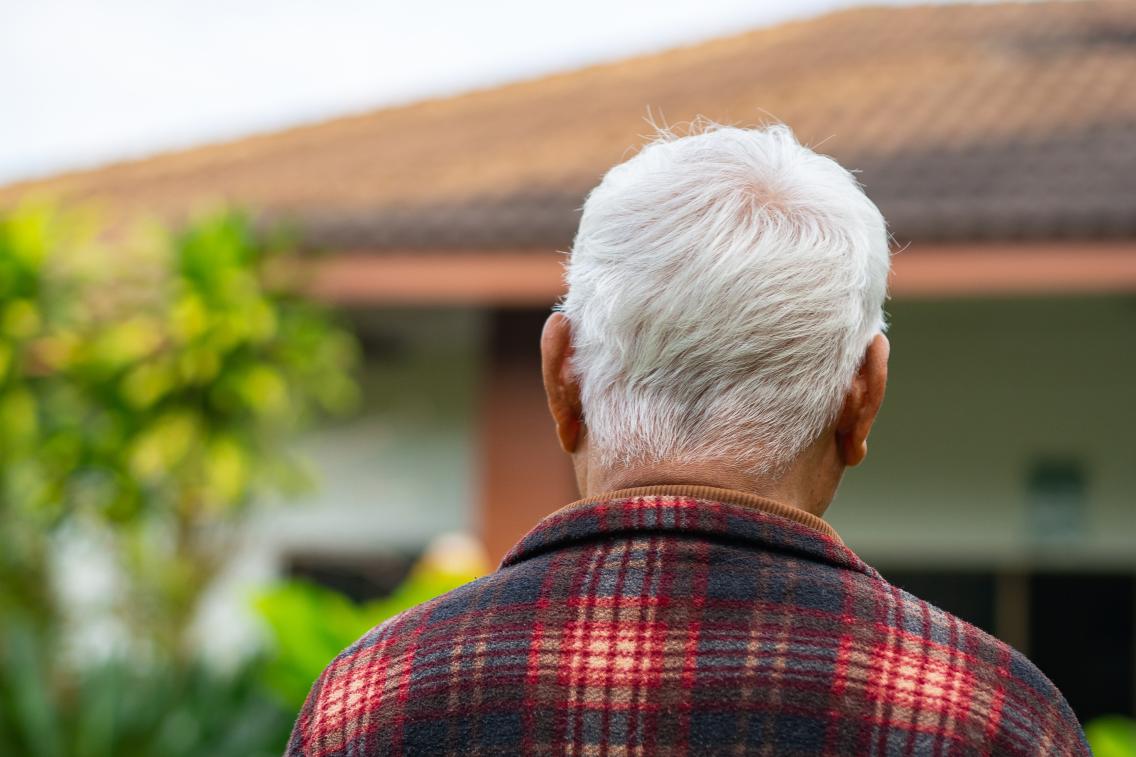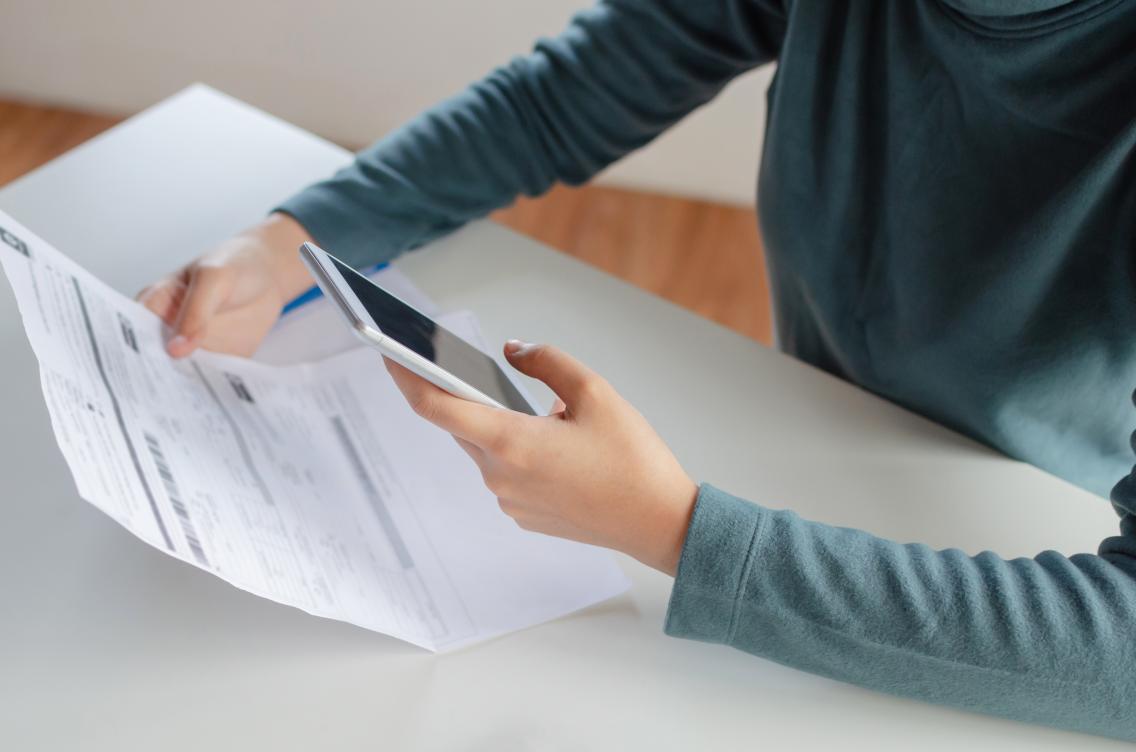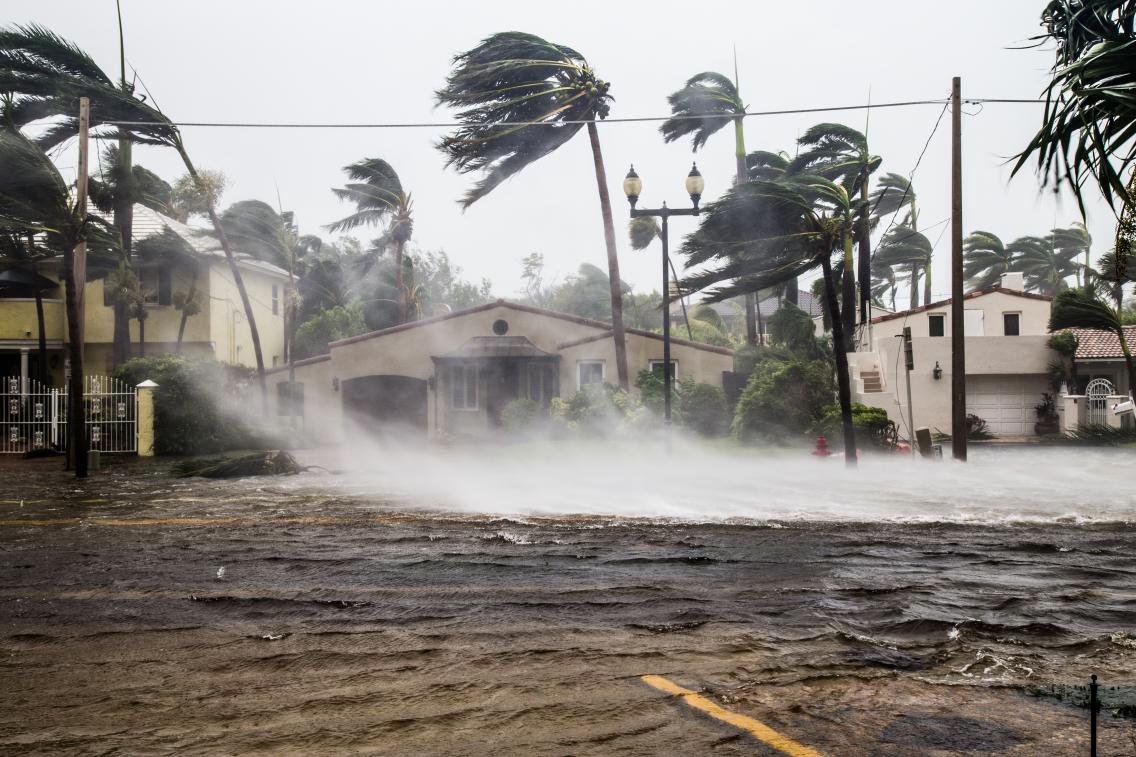
LSC-funded programs help people who live in households with annual incomes at or below 125% of the federal poverty guidelines – in 2021, that is $16,100 for an individual, $33,125 for a family of four. Clients come from every ethnic and age group and live in rural, suburban, and urban areas. They are the working poor, veterans, homeowners and renters, families with children, farmers, people with disabilities, and the elderly. Women - many of whom are struggling to keep their children safe and their families together - comprise 70% of clients.
Section Dropdown What kinds of legal issues do low-income people need help with?Legal assistance is necessary to address many issues that affect low-income individuals and families.

LSC grantees help victims of domestic violence by obtaining protective and restraining orders, help parents obtain and keep custody of their children, assist family members in obtaining guardianship for children without parents, and other family law matters. Almost a third of all cases closed by local LSC programs are family law cases.

As the second largest category of all cases closed, these matters involve helping to resolve landlord-tenant disputes, helping homeowners prevent foreclosures or renegotiate their loans, assisting renters with eviction notices whose landlords are being foreclosed on, and helping people maintain federal housing subsidies when appropriate.

Eleven percent of cases involve protecting the elderly and other vulnerable groups from being victimized by unscrupulous lenders, helping people file for bankruptcy when appropriate and helping people manage their debts.
 budget cost bills on desk in home office, plan money cost saving, investment, business finance, expenses concept" width="1136" height="752" />
budget cost bills on desk in home office, plan money cost saving, investment, business finance, expenses concept" width="1136" height="752" />
More than 15 percent of cases involve helping working Americans obtain promised compensation from private employers, and helping people obtain and retain government benefits such as disability, veterans, and unemployment compensation benefits to which they are entitled.

Stateside Legal—the first website in the nation to focus exclusively on federal legal rights and legal resources important to veterans – is funded by an LSC Technology Initiatives Grant. This free service enables military families and veterans to access a wide array of legal information and assistance. The Department of Veterans Affairs, in a directive, encourages use of the website in connection with service to homeless veterans.

LSC has a long history with helping victims of natural disasters. LSC has built a national network of experience and expertise—including legal services providers and national organizations such as the American Red Cross and Federal Emergency Management Agency (FEMA)—to help programs better serve victims when disasters strike.
Nearly a million poor people who seek help for civil legal problems are turned away because of the lack of adequate resources. The justice gap represents the difference between the level of civil legal assistance available and the level that is necessary to meet the legal needs of low-income individuals and families. According to LSC's 2022 report The Justice Gap: The Unmet Civil Legal Needs of Low-Income Americans, of the estimated 1.9 million civil legal problems for which low-income Americans seek LSC-funded legal aid, 1.1-1.3 million (63%-70%) did not receive any or enough legal assistance. Among all civil legal problems by low-income Americans, we estimate that 92% do not get any or enough legal assistance.
State studies consistently show a higher percentage (80%) of the civil legal needs of the eligible population are not being met. A recent study by the Boston Bar Association found that in Massachusetts civil legal aid programs turn away 64% of eligible cases. Nearly 33,000 low-income residents in Massachusetts were denied the aid of a lawyer in life-essential matters involving eviction; foreclosure; and family law such as cases involving child abuse and domestic violence. People seeking assistance with family law cases were turned away 80% of the time.
Measuring the Civil Legal Needs of Low-income AmericansNew York’s recent findings confirm national data that less than 20% of all civil legal needs of low-income families and individuals are met. In 2013 more than 1.8 million litigants were not represented by counsel in civil proceedings in New York’s state courts.
In New York City:
In New York State:
Nationally, LSC grantees served nearly 1.9 million low-income persons in 2014. Millions more requested assistance but did not receive it because of the lack of adequate resources.